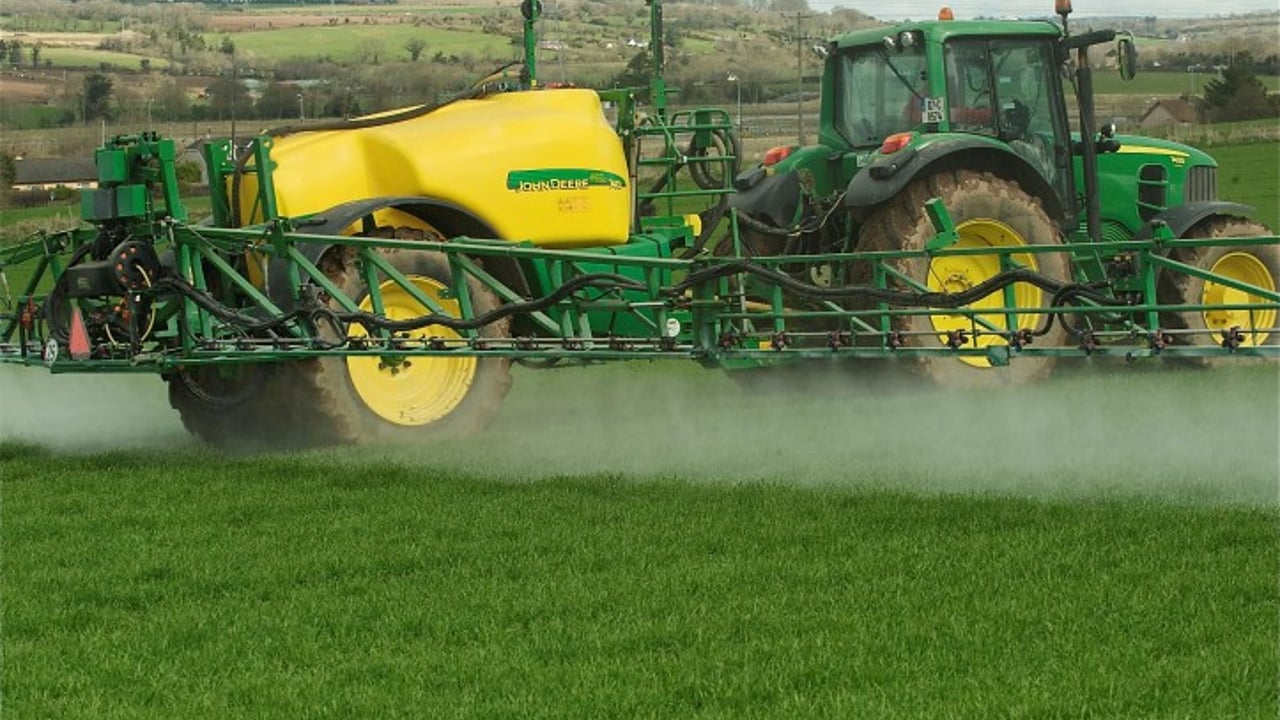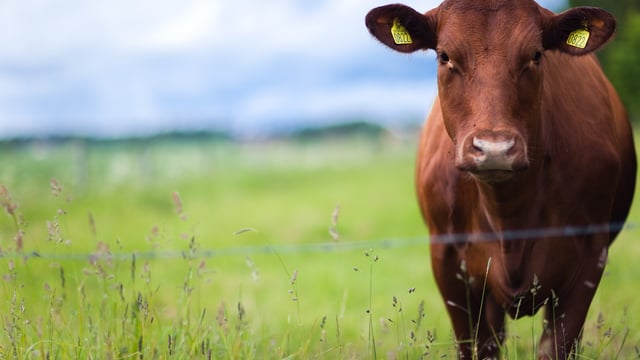Sponsored Article
Dept sets the record on new IPM rules
Sponsored Article
Record keeping is one of the key impacts farmers will notice from new integrated pest management (IPM) rules, with sustainable use of pesticides now compulsory.
This is according to Gordon Rennick of the Department of Agriculture, who spoke on the issue at a recent Teagasc vegetable seminar.
He outlined that records proving implementation of IPM must be maintained by all farmers and growers. “For example, if using Plant Protection Products (PPPs), the reason for using the PPP should be recorded in the user’s pesticide application record sheet,” he outlined in his presentation.
Rennick explained a ‘tick box’ worksheet has been designed to enable farmers and growers to demonstrate how they are adopting the general principles of IPM. “There are no exemptions from the requirement to maintain these records,” he added.
The new legislation also says if records are not provided to prove implementation of the general principle of IPM, a percentage dis-allowance of an individual’s single farm payment will ensue, with a possibility of prosecution.
In situations where the farmer or grower is not a recipient of single farm payment, the Agriculture Department may issue fixed-penalty notices or seek to prosecute them through the legal system, he added.
In his presentation Rennick said as defined in the new pesticides directive, IPM means careful consideration of all available plant protection methods and subsequent integration of appropriate measures that discourage the development of populations of harmful organisms and keep the use of plant protection products and other forms of intervention to levels that are economically and ecologically justified and reduce or minimise risks to human health and the environment.
IPM emphasises the growth of a healthy crop with the least possible disruption to agro-ecosystems and encourages natural pest control mechanisms, he outlined.
Simply put, the department official said: “IPM is a sustainable approach to managing pests by combining biological, cultural, physical and chemical tools in a way that minimises economic, health, and environmental risks.”
According to Rennick, the general principles of IPM are designed to help end users of PPPs to reduce reliance on PPP use and to reduce the risks associated.
The new directive has a number of other key elements, such as training and certification of advisors, distributors, users between now and November 2015, the inspection and certification of application equipment every five years and the first inspection must be by November 2016. In addition the aerial applications of pesticides is now prohibited.
The directive also sets out restrictions to protect key areas including aquatic areas, sensitive areas and schools.
Click below for IPM information
Sponsored Article



